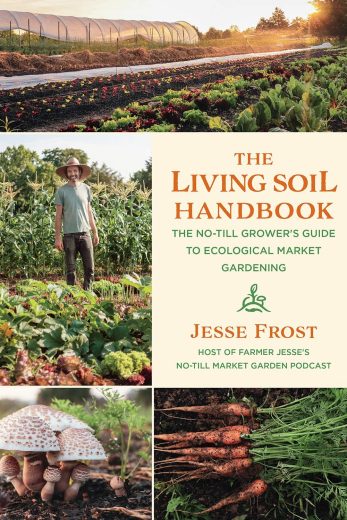Sustainable Solutions for Hunger, Poverty, and Climate Change
3 min read
In a world grappling with the challenges of hunger, poverty, and climate change, agroecology and regenerative agriculture offer promising solutions. These principles and ideas have gained momentum as we recognize the urgent need to transform our agricultural systems into sustainable and resilient models that nourish both people and the planet.
Agroecology can be understood as the science and practice of applying ecological principles to agricultural systems. It emphasizes the interconnectedness of nature and agriculture, striving to work in harmony with natural ecosystems. Regenerative agriculture takes it a step further by actively restoring and rejuvenating the land, seeking to leave it healthier and more vibrant than before. Together, these approaches hold the potential to address the pressing challenges we face today.
At the heart of agroecology lies the recognition that biodiversity is key to a resilient and productive agricultural system. By promoting the cultivation of diverse crops, intercropping, and incorporating natural habitats within farming landscapes, agroecology creates a rich tapestry of life. This diversity not only supports the health of ecosystems but also enhances the resilience of farms in the face of climate change. A diverse agricultural system is less susceptible to pests, diseases, and extreme weather events, providing a more secure food supply.
Regenerative agriculture builds on the principles of agroecology by actively restoring and improving the health of the soil. Healthy soil is the foundation of a thriving agricultural system, as it nourishes plants, retains water, and sequesters carbon. By minimizing tillage, integrating cover crops, and practicing composting, regenerative farmers enhance soil fertility and structure. This not only boosts crop yields but also contributes to climate change mitigation by sequestering carbon dioxide from the atmosphere and storing it in the soil.
One of the critical benefits of agroecology and regenerative agriculture is their potential to alleviate hunger and poverty. These approaches prioritize local and small-scale farming, empowering communities to take control of their food production. By focusing on diverse, nutritious crops, farmers can provide a balanced diet for their communities, reducing the dependence on imported and processed foods. Moreover, agroecology and regenerative agriculture create employment opportunities, particularly in rural areas, fostering economic growth and poverty reduction.
Climate change poses an existential threat to agriculture, affecting yields, water availability, and the frequency of extreme weather events. Agroecology and regenerative agriculture act as powerful tools to mitigate and adapt to these changes. Through their emphasis on biodiversity and healthy soils, they enhance the resilience of farming systems, making them more adaptable to climatic shifts. Furthermore, by sequestering carbon in the soil, these practices contribute to the reduction of greenhouse gas emissions, helping to combat climate change.
Implementing agroecology and regenerative agriculture on a broader scale requires support from policymakers, farmers, and consumers. Governments can create favorable policies that incentivize sustainable farming practices, provide training and education, and allocate resources to promote the transition. Farmers, in turn, can participate in knowledge-sharing networks, adopt agroecological and regenerative practices, and advocate for policies that support sustainable agriculture. Consumers play a vital role as well by demanding sustainably produced food, supporting local farmers, and making conscious choices that promote ecological integrity.
In conclusion, agroecology and regenerative agriculture offer transformative solutions to the interconnected challenges of hunger, poverty, and climate change. By embracing these principles and ideas, we can build resilient and sustainable food systems that nourish people and the planet. It is time for us to recognize the immense potential of agroecology and regenerative agriculture and work together to create a future where hunger and poverty are eliminated, and the health of our planet is restored.







